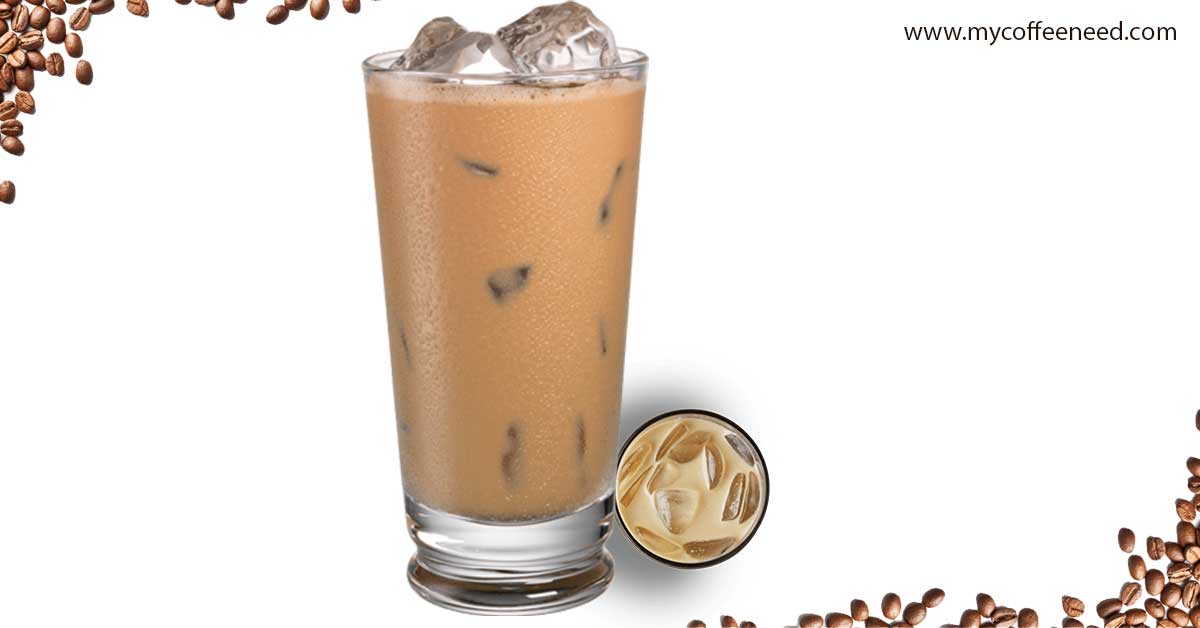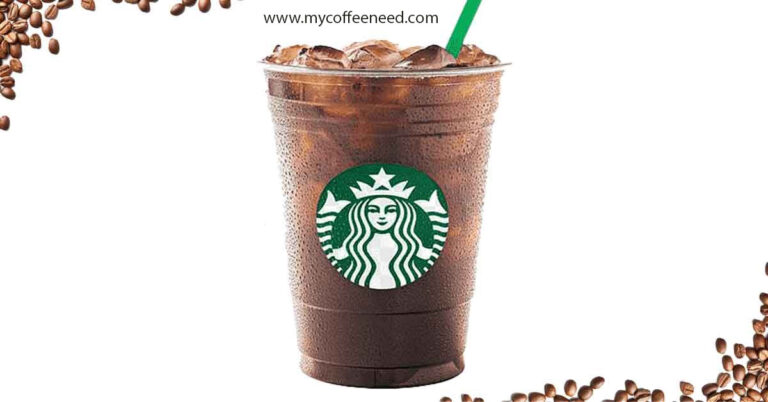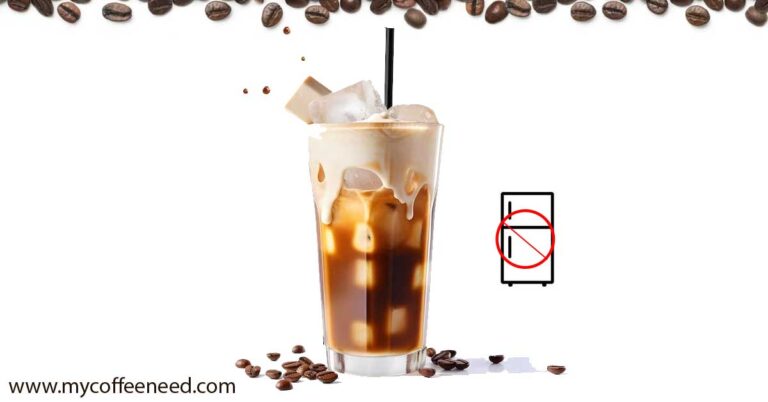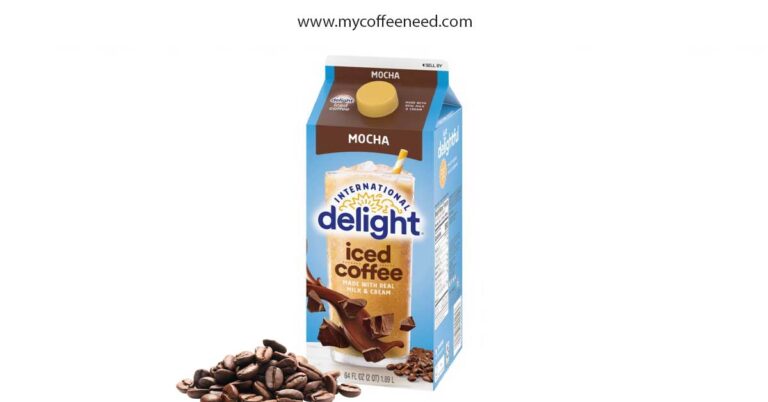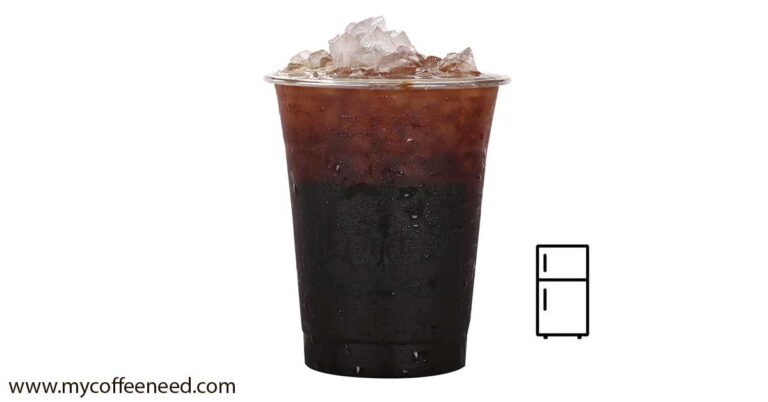Can I Drink Iced Coffee After Gum Graft?
Preparing for Gum Graft Surgery
Gum graft surgery is a surgical procedure that involves taking gum tissue from one area of the mouth and grafting it to another area of the mouth. This is often done to treat gum recession, which is a common condition that can cause severe pain and can lead to tooth decay and even dental implant failure. The procedure is typically performed by an oral surgeon or maxillofacial surgeon and can be a great way to restore oral health and improve the appearance of the gum line.
Before undergoing gum graft surgery, it is important to understand what to expect during the recovery period. The first 24-48 hours after the surgery are the most important for proper healing. During this time, it is important to follow the dentist’s instructions and avoid hot foods, hot beverages, alcoholic beverages, and carbonated beverages. It is also important to avoid hot coffee, hot chocolate, and other hot drinks, as well as spicy foods, citrus fruits, and acidic foods.
The first day after the surgery, it is important to eat only soft foods such as cottage cheese, ice cream, soft vegetables, and soft breads. Avoiding crunchy foods and hard foods is important to prevent the surgical site from becoming irritated. It is also important to avoid drinking coffee, as this can increase the risk of developing a dry socket.
In the first week after the surgery, it is important to avoid heavy lifting and strenuous activities. It is also important to avoid drinking coffee, soda drinks, and other caffeinated beverages. However, cold brew and iced coffee are acceptable options for coffee lovers who need their caffeine fix. Additionally, it is important to avoid hot liquids, hot foods, and hot beverages, as these can increase the risk of developing a dry socket.
It is also important to rinse the mouth with warm salt water several times a day and to use an ice pack on the outside of your face to reduce swelling. Additionally, it is important to take pain medication as prescribed and to take a vitamin C supplement to promote healing.
In the recovery period, it is important to take good care of your oral hygiene. This includes brushing and flossing your teeth regularly and avoiding smoking and drinking alcohol. Additionally, it is important to avoid any kind of oral surgery, such as wisdom teeth removal or implant surgery, for at least two weeks after the gum graft procedure.
Following these tips can help ensure a quick recovery and the best results from gum graft surgery. It is also important to keep all follow-up appointments with your dentist or oral surgeon and to ask any questions you may have about the recovery process. With proper care and attention, you can enjoy a healthy and beautiful smile for years to come.
Managing Pain and Discomfort After Gum Graft Surgery
Gum graft surgery is a surgical procedure that is used to restore the gum tissue around the teeth, or to cover exposed roots due to gum recession. This type of surgery is usually done to improve the appearance of the gums, and to help protect the teeth from further damage. After the surgery, it is important to follow the dentist’s instructions for proper healing and to manage the pain and discomfort.
The first 24-48 hours after the surgery are the most important for proper healing. During this time, it is important to avoid hot coffee, hot drinks, hot foods, and hot beverages. It is also important to avoid alcoholic beverages, spicy foods, and acidic foods. It is best to stick to cold liquids, such as cold brew, iced coffee, cold water, and fruit juices. It is also a great way to get your caffeine fix with a cup of black coffee or a vanilla latte.
Soft foods are the best choices for the first day and first week after the surgery. Good choices include soft vegetables, soft breads, cottage cheese, and ice cream. It is important to avoid crunchy foods, solid foods, and any food that requires you to chew with the roof of your mouth.
It is also important to avoid drinking coffee or any other hot liquids during the recovery period. Hot liquids can cause the blood clot to come loose, which can lead to a painful condition called dry socket.
It is also important to avoid any activities that can cause trauma to the surgical area, such as heavy lifting, playing sports, or any other activity that involves outside of your face.
It is also important to practice good oral hygiene and to rinse your mouth with warm salt water. This can help to reduce the risk of infection and can help to promote proper healing.
It is also important to take any pain medication as prescribed by your dentist or oral surgeon. This can help to reduce the pain and discomfort and can help to speed up the recovery process.
Ice packs can also be used to help reduce swelling and pain. It is important to use the ice packs for no more than 20 minutes at a time.
It is also important to take a vitamin C supplement to help promote healing.
It is also important to follow up with your dentist or oral surgeon for a checkup after the surgery. This is important to ensure that the surgery was successful and that the healing process is going as expected.
Managing pain and discomfort after gum graft surgery is an important part of the recovery process. Following the dentist’s instructions and avoiding hot liquids, spicy foods, and crunchy foods can help to ensure proper healing and a quick recovery. Taking pain medication as prescribed and using ice packs can also help to reduce pain and discomfort. Following up with your dentist or oral surgeon for a checkup is also important to ensure that the surgery was successful and that the healing process is going as expected.
Recovering from Gum Graft Surgery: Tips for a Speedy Recovery
Recovering from gum graft surgery is a process that requires patience and diligence. It is important to follow your dentist’s instructions and take good care of your oral health to ensure a speedy recovery.
The first 24-48 hours after the surgery are the most important for the healing process. During this time, it is important to avoid hot foods, hot beverages, and alcoholic beverages. It is also important to avoid crunchy, spicy, and acidic foods, as these can disrupt the blood clot that forms at the surgical site.
For the first day and first week after the surgery, it is best to stick to a soft food diet. Good choices include soft vegetables, soft breads, cottage cheese, ice cream, and other soft foods. It is also important to stay hydrated and get plenty of vitamin C. You can drink room temperature water, herbal tea, fruit juices, and warm salt water rinses.
Coffee lovers may be wondering if they can still get their caffeine fix. The good news is that cold brew, iced coffee, and black coffee are all acceptable options. However, hot coffee, hot chocolate, and other hot liquids should be avoided. The same goes for carbonated beverages and soda drinks.
If you are experiencing severe pain, it is important to take the pain medication prescribed by your dentist. You can also use ice packs on the outside of your face to reduce swelling and discomfort.
It is also important to practice good oral hygiene. This includes brushing and flossing gently around the treated area and rinsing with a mouth rinse.
For young children, it is important to avoid activities such as heavy lifting and playing contact sports.
Finally, it is important to attend your follow-up appointment with your dentist or oral surgeon. This is a great way to ensure that the surgery site is healing properly and that you are on the right track for a full recovery.
Recovering from gum graft surgery is a process that requires patience and diligence. Following your dentist’s instructions and taking good care of your oral health are the best ways to ensure a speedy recovery.
Diet and Nutrition After Gum Graft Surgery: What to Eat and Avoid
Diet and nutrition are important components of the healing process after gum graft surgery. During the first 24-48 hours after the surgery, it is important to stick to a soft food diet. This includes foods such as cottage cheese, soft vegetables, soft breads, and other soft foods. It is also important to avoid hot coffee, hot drinks, hot foods, and hot beverages as these can disrupt the blood clot that forms at the surgical site and cause severe pain. Additionally, avoid alcoholic beverages, spicy foods, and carbonated beverages.
It is also important to avoid crunchy foods, as these can cause irritation to the treated area and disrupt the healing process. Ice cream and cold brew are great ways to get a caffeine fix without disrupting the healing process. For those who are coffee lovers, a cup of black coffee or a vanilla latte at room temperature is a good choice.
It is also important to follow your dentist’s instructions and avoid rinsing your mouth for the first day after the surgery. After the first day, it is important to rinse your mouth with warm salt water to help keep the surgical area clean and promote proper healing. Additionally, use ice packs on the outside of your face to help reduce swelling and pain.
It is also important to take vitamin C and other supplements to help promote healing and improve oral health. Drinking orange juice, herbal tea, and other fruit juices are also a great way to get your daily dose of vitamin C.
For those who have had a gum graft procedure, wisdom teeth removal, or implant surgery, it is important to follow the dentist’s instructions and avoid heavy lifting and strenuous activities for the first week after the surgery. Additionally, it is important to avoid touching or rubbing the extraction site or surgical area.
For those who are recovering from a gum graft procedure, it is important to follow the dentist’s instructions and stick to a soft food diet for the first week after the surgery. This will help promote proper healing and reduce the risk of a painful condition known as dry socket. Good choices include soft breads, soft vegetables, and other soft foods. Additionally, avoid hot coffee, hot drinks, hot foods, and hot beverages as these can disrupt the blood clot that forms at the surgical site and cause severe pain.
In conclusion, diet and nutrition are important components of the healing process after gum graft surgery. It is important to follow your dentist’s instructions and stick to a soft food diet for the first week after the surgery. Additionally, avoid hot coffee, hot drinks, hot foods, and hot beverages as these can disrupt the blood clot that forms at the surgical site and cause severe pain. Additionally, take vitamin C and other supplements to help promote healing and improve oral health. With proper care and following the dentist’s instructions, you can ensure a quick recovery and get back to your normal routine in no time.
Caring for Your Teeth
Caring for your teeth after gum graft surgery is an important part of the healing process. After a gum graft procedure, the surgical site needs to be kept clean and free of debris to ensure proper healing. The first 24-48 hours after surgery are critical for the formation of a blood clot, which helps protect the gum tissue and promote healing. During this time, it is important to follow your dentist’s instructions for care and avoid any activities that may disrupt the blood clot, such as drinking hot coffee or hot drinks, eating hot foods or hot beverages, or smoking.
During the first day and first week after gum graft surgery, it is important to stick to a soft food diet and avoid crunchy, spicy, or acidic foods. Good choices include soft vegetables, soft breads, cottage cheese, ice cream, and other soft foods. Vitamin C is also beneficial for promoting healing, so drinking orange juice or other fruit juices is a great way to get the nutrients your body needs. It is also important to avoid alcoholic beverages and carbonated beverages during the recovery period.
For pain relief, it is important to take any pain medication prescribed by your dentist and to use ice packs or cold liquids on the roof of your mouth or extraction site. Additionally, a warm salt water rinse or a mouth rinse can help keep the treated area clean and free of bacteria.
Coffee lovers may be wondering if they can still enjoy their favorite drink during the recovery period. The good news is that you can still have a cup of coffee, but it is best to stick to cold brew or iced coffee. Hot coffee, hot chocolate, and other hot liquids should be avoided for the first 24-48 hours after surgery, as the heat can disrupt the blood clot and cause a painful condition known as dry socket.
Caring for your teeth after gum graft surgery is essential for proper healing and a quick recovery. Following your dentist’s instructions and avoiding hot foods, hot beverages, and alcoholic beverages is the best way to ensure the best results. If you have any questions about caring for your teeth after gum graft surgery, your dentist or oral surgeon can provide specific advice for your particular situation.
Understanding the Risks and Benefits
Gum graft surgery is a common dental procedure used to treat gum recession, a condition in which the gum tissue surrounding the teeth begins to pull away. This procedure involves taking gum tissue from another area of the mouth, such as the roof of your mouth, and grafting it onto the affected area. It is important to understand the risks and benefits of gum graft surgery before undergoing the procedure.
The benefits of gum graft surgery include improved oral health, as the procedure helps to restore the gum line and protect the teeth from further damage. Additionally, the procedure can help to prevent the need for more extensive treatments, such as dental implants or wisdom teeth removal. Gum graft surgery can also improve the appearance of the teeth, as the gum tissue will cover the exposed roots of the teeth.
The risks associated with gum graft surgery include pain and discomfort during the healing process, as well as the potential for a dry socket or infection at the surgical site. Additionally, it is important to follow the dentist’s instructions for aftercare, as eating hot foods or drinking hot beverages can delay the healing process. Additionally, it is important to avoid alcoholic beverages, spicy foods, and carbonated beverages during the recovery period.
It is also important to follow a soft food diet for the first day or two after the procedure. Good choices include soft vegetables, cottage cheese, soft breads, and fruit juices. Additionally, it is important to avoid crunchy foods, such as chips or popcorn, as well as hot coffee or tea. Cold brew and iced coffee are good alternatives for coffee lovers who need their caffeine fix.
In general, gum graft surgery is a safe and effective procedure for treating gum recession. However, it is important to understand the risks and benefits of the procedure and follow the dentist’s instructions for aftercare. Eating a soft food diet and avoiding hot and cold foods and beverages are a great way to ensure proper healing and a quick recovery. Additionally, it is important to follow up with the dentist after the procedure to ensure the best results.
The Role of Follow-up Care in the Healing Process
Follow-up care is an important part of the healing process after gum graft surgery. This type of surgery is a procedure to replace lost gum tissue, often due to gum recession or to prepare for dental implants. The healing process can be painful and uncomfortable, but following the dentist’s instructions and proper aftercare can help to ensure a quick recovery.
The first 24-48 hours after gum graft surgery are the most important for proper healing. During this time, it is important to avoid hot foods, hot beverages, alcoholic beverages, and spicy foods. Soft foods such as mashed potatoes, cottage cheese, and soft vegetables are good choices. Avoid crunchy foods, such as chips, and hard foods, such as nuts. It is also important to avoid drinking hot coffee, hot chocolate, and hot liquids. Cold brew, iced coffee, cold liquids, and room temperature liquids are the best options.
During the first week after gum graft surgery, it is important to avoid any activities that may cause excessive bleeding, such as heavy lifting. It is also important to avoid drinking soda, carbonated beverages, and any other drinks that may be acidic. Additionally, it is important to avoid drinking coffee, even if it is cold or black. Coffee lovers may want to consider a caffeine fix with herbal tea or a cup of vanilla latte.
It is also important to keep the surgical area clean. Rinse your mouth with warm salt water several times a day, and use an antibacterial mouth rinse. Additionally, it is important to avoid touching the extraction site or the roof of your mouth with your tongue.
Ice packs can be used to reduce swelling and pain during the recovery period. Additionally, taking pain medication as prescribed by your dentist can help to reduce discomfort. Vitamin C can also help to promote healing and reduce pain.
Follow-up care is a great way to ensure proper healing after gum graft surgery. Make sure to attend all follow-up appointments with your dentist or oral surgeon. During these appointments, your dentist will be able to monitor your progress and make sure that the treated area is healing properly.
The recovery process after gum graft surgery can be uncomfortable, but following the dentist’s instructions and proper aftercare can help to ensure a quick recovery. It is important to avoid hot foods, hot beverages, alcoholic beverages, and spicy foods. Additionally, it is important to keep the surgical area clean and to attend all follow-up appointments. Following these instructions can help to ensure the best results and a quick recovery.

